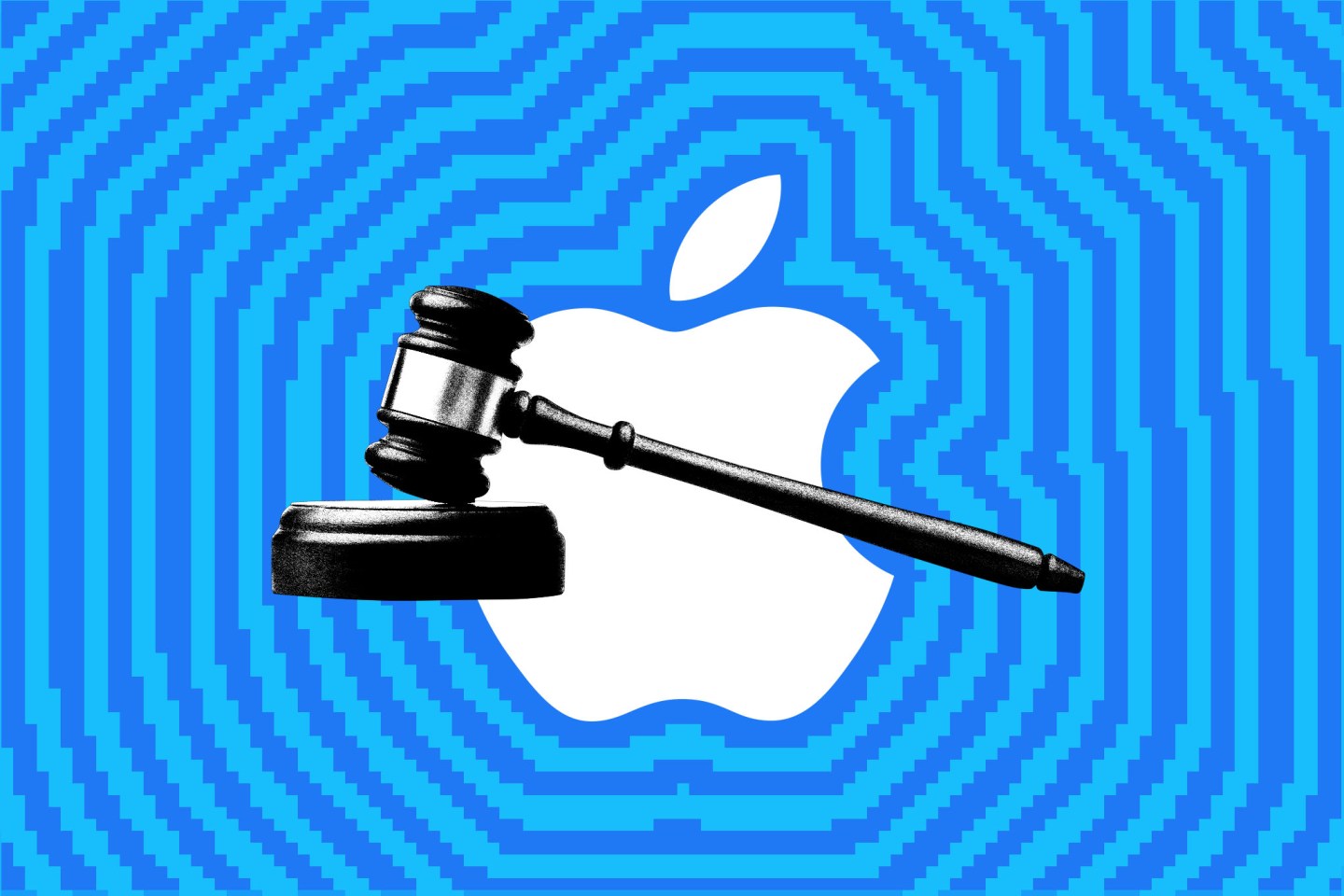Coffee is one of the most loved drinks to start the day with energy and good mood. However, when consuming some medications, their effects may change and have certain effects on health.
According to the American Heart Association (AMA), moderate coffee consumption may have a beneficial effect on heart health in the long term.
According to research conducted by this institution, it has been observed that consuming at least one cup of coffee a day may be associated with a decrease in the risk of heart failure by approximately 12 percent for each cup.
(Read: Keys to historic law against junk food).
In the past, there was a belief that coffee could be harmful to health, and in 1991 it was even included in the list of possible carcinogens by the World Health Organization. A notable change occurred in 2016 when Harvard Medical School exempted coffee from this list.
“An accumulation of additional research shows that coffee can be considered a healthy beverage when consumed in moderation,” the agency said.
Aside from its supposed attention-enhancing effects, studies on athletic and sedentary people show that caffeine not only improves physical performance but also reduces muscle soreness, a Nescafé report shows.
(Continued: Coffee made in pots has a national championship. The competition will be like this.)
The European Food Safety Authority has confirmed that consuming an amount of caffeine equivalent to that found in a cup of coffee (about 75 mg caffeine) can have a positive effect on attention.
Amid widespread interest in coffee and its stimulant effects, a new warning is emerging about this popular beverage’s interactions with some medications.
(Read more: Jägermeister, a complex liqueur served cold).
Researchers led by endocrinologist Luigi Barrea concluded that consuming coffee close to taking medication is harmful. An important consideration to prevent possible undesirable interactions.
“Food does not change the effect of coffee on the body, but this drink does in terms of nutrient absorption,” said nutrition graduate Mercedes Engemann.
Below are some categories of medications that require special caution when combined with coffee.
Caffeine is known to increase heart rate and therefore can affect blood pressure. “Combining coffee consumption with medications intended to control high blood pressure can cause problems, as these medications try to reduce the workload of the heart by pumping blood to all cells in the body,” explains clinician Ramiro Heredia.
The study, titled ‘Effect on the pharmacokinetics of drugs: a review’, explains how drinking coffee while taking medications such as: amlodipine (used to treat hypertension and coronary artery disease) may reduce the effectiveness of these medications.
(More: Watch out for high cholesterol after year-end holidays). .
Ms. Engemann warns that medications such as: phenothiazines or antidepressants They should be used with caution when consuming coffee.
“Drugs such as phenothiazines or antidepressants should be taken for approx. an hour or two before or after coffee because the tannins contained in the drink in question do not allow the body to fully absorb the chemicals in the pills,” said Engemann.
The same goes for prescription medications for anxiety and insomnia. Pharmacist Aldo Mietta explains that in people with physiological depression, these drugs work to block serotonin in the arteries, causing it to concentrate there. “Because caffeine is a stimulant, it causes imbalance and reduces the effect of the drug.“emphasizes
(Next: Bring ‘coca’ to work, the better nutritional option).
People with a thyroid disorder who take medication to balance their hormones should heed the advice from the UK’s National Health Service (NHS): Take levothyroxine preferably 30 minutes before breakfast or a caffeinated beverage.
This is because coffee can prevent the drug from being fully absorbed, reducing its effectiveness. It has even been reported that coffee can reduce the absorption of thyroid medications by more than 50 percent.
people using Bronchodilators such as aminophylline or theophylline Asthma patients should be aware that coffee can trigger side effects such as headache, restlessness, stomach upset, and irritability. Additionally, coffee may decrease the absorption of these medications, which may affect their effectiveness.
A study from the American Diabetes Association suggests that consuming caffeinated beverages may increase insulin and blood sugar levels.
There is evidence that higher caffeine consumption may make it harder to regulate blood sugar and increase the risk of diabetes-related complications.
Aldo Mietta argues that this is due to the stimulation produced by caffeine in the body and the pancreatic reaction caused by sweetening the drink. ““This occurs in all types of diabetes, especially those taking hypoglycemic agents and those that are insulin dependent.”He claimed.
Combining allergy and cold medications with coffee may increase symptoms such as restlessness and inability to sleep.
According to medical site MedlinePlus, medications such as fexofenadine ingredients such as (an antihistamine) or sodium hydrochloride pseudoephedrine (used to relieve nasal congestion) should not be taken with coffee as it overstimulates the central nervous system and increases symptoms of restlessness, irritability and sleep disorders.
Finally, Ms. Engemann emphasized that caffeine can also affect the effectiveness of medications that require fasting, stimulate the nervous system, have a muscle relaxant effect, or have side effects such as nausea and palpitations.
It is important to remember that you should always consult a healthcare professional before combining any medication with coffee consumption to avoid possible harmful interactions.
Supplements you should take if you go to the gym: lose weight or gain muscle
Toenail fungus: How to get rid of it with home remedies?
Study reveals new treatment to regenerate tendons damaged by injuries
*This content was rewritten with the help of artificial intelligence, based on information published by La Nación, and reviewed by the journalist and editor.
-NATION (SEE) TIME
Source: Exame













